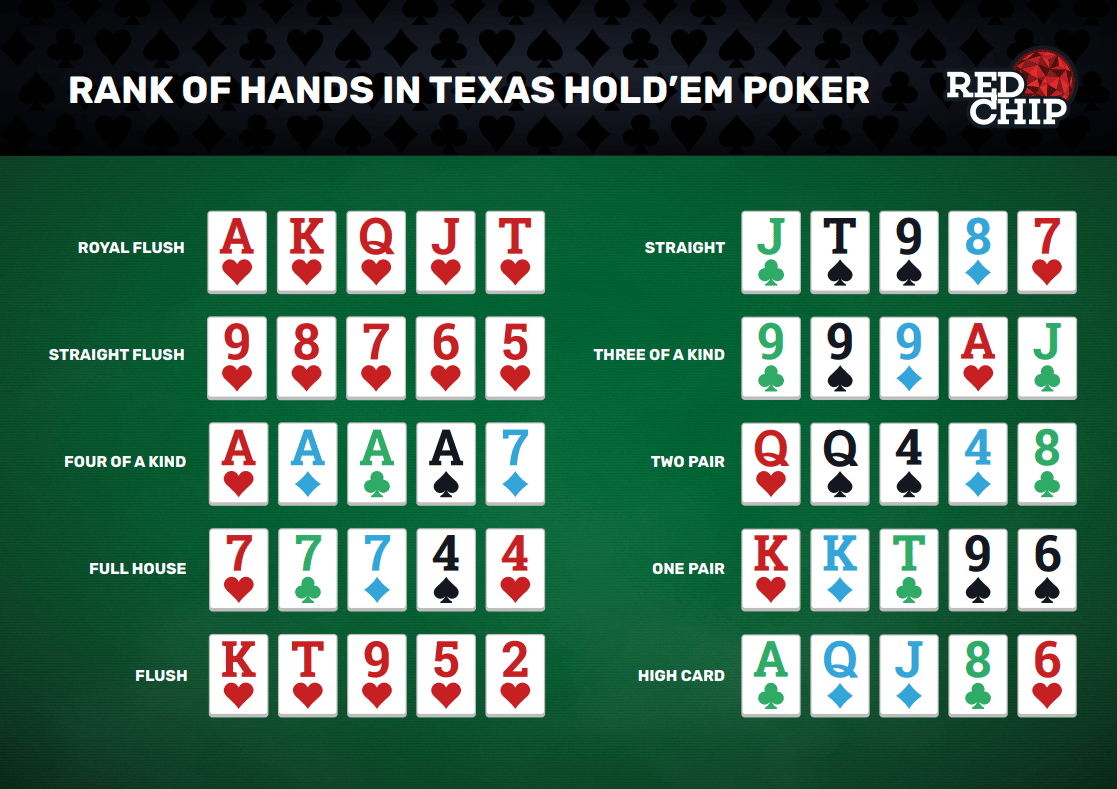
Poker is a game that requires a lot of attention to the cards and the players. This concentration builds a mental strength that can be applied in all other areas of life. It also teaches you how to observe the details of the situation and make decisions based on the information at hand.
One of the main lessons that poker teaches is how to manage risk. When you’re first starting out, it’s important to play with only the amount of money that you’re willing to lose in a single session. This will help you avoid making foolish bets and learn to quit a losing session before it gets out of control. In addition, playing poker teaches you how to track your wins and losses and manage your bankroll over the long term.
A good poker player knows how to analyze a hand before betting and can see the potential for bluffs. They can also use the information they’ve gathered to adjust their strategy for future games. Some players will even take the time to discuss their hands and strategies with other players for a more objective look at their play.
Ultimately, poker is a game of chance and skill, but it’s still gambling. As such, it can lead to large losses if you’re not careful. By learning to quit a losing session, be patient, and stay focused on your goals, you can become a profitable player in the long run.